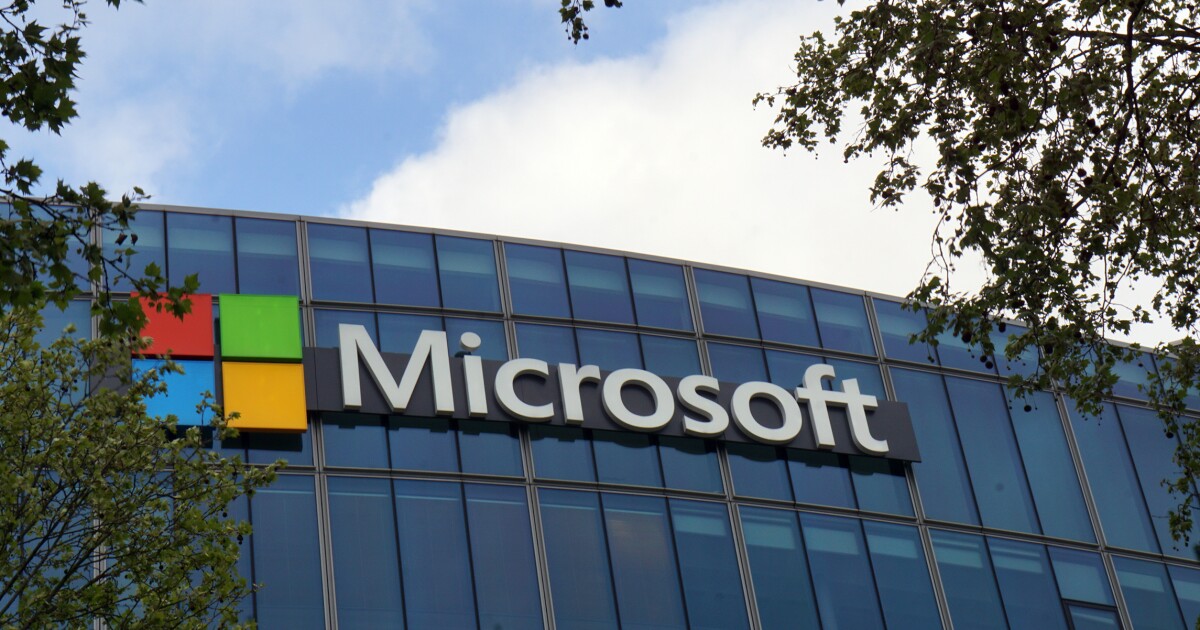

Microsoft revealed on Wednesday that the IRS is attempting to collect $28.9 billion in back taxes but says it will appeal, a process expected to take years.
The revelation comes after an IRS audit into Microsoft that spanned from 2004 to 2013. The IRS determined that the tech giant owes an additional $28.9 billion in taxes, plus penalties and interest, according to a press release put out by Daniel Goff, the company’s corporate vice president of worldwide tax and customs.
BIDEN ADMINISTRATION ANNOUNCES NEW ACTIONS IN CRACKDOWN ON ‘JUNK FEES’
Goff said that Microsoft has been working with the IRS on the audit for nearly a decade. The audit was meant to address questions about how the company allocated its income and expenses during those years.
Microsoft said that it disagrees with the IRS conclusion and will appeal. The company also noted that not included in the proposed adjustments are taxes paid by Microsoft under the Tax Cuts and Jobs Act, also known as the Trump tax cuts, which it claims could reduce the final dollar amount owed in the audit by up to $10 billion.
“Microsoft disagrees with these proposed adjustments and will pursue an appeal within the IRS, a process expected to take several years,” Goff said. “We believe we have always followed the IRS’s rules and paid the taxes we owe in the U.S. and around the world. Microsoft historically has been one of the top U.S. corporate income taxpayers.”
Since 2004, Microsoft has paid more than $67 billion in taxes to the IRS.
At the heart of the audit are questions about the way the company allocated profits among countries and jurisdictions from 2004 to 2013. The practice is commonly referred to as transfer pricing and Microsoft pointed out “that the IRS has established regulations that allow companies to use a specific arrangement for transfer pricing, called cost-sharing.
CLICK HERE TO READ MORE FROM THE WASHINGTON EXAMINER
“Many large multinationals use cost-sharing because it reflects the global nature of their business,” the press release reads. “Because our subsidiaries shared in the costs of developing certain intellectual property, under those IRS cost-sharing regulations, the subsidiaries were also entitled to the related profits.”
When contacted by the Washington Examiner for comment, an IRS spokesman said the agency doesn’t publicly comment on such cases.





